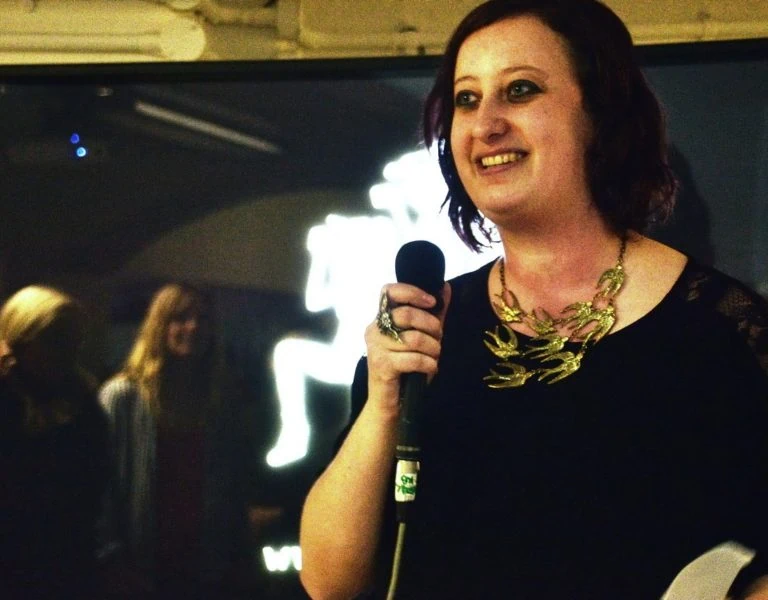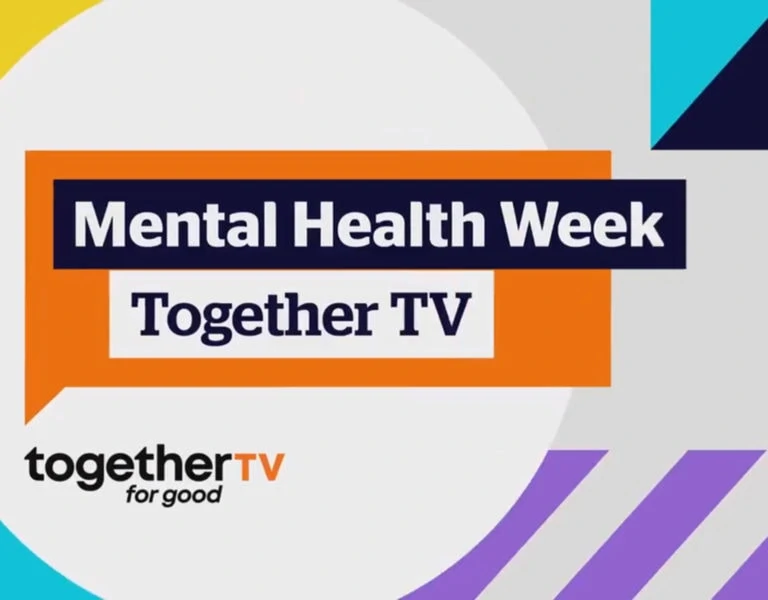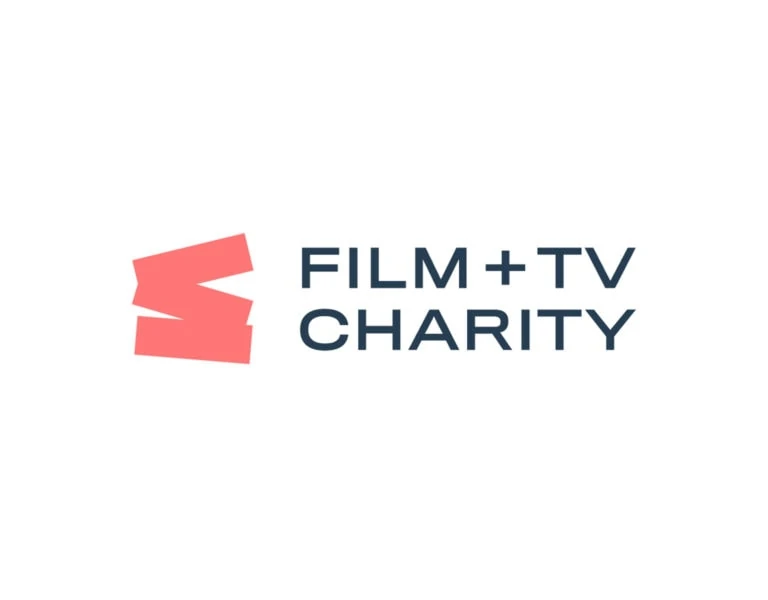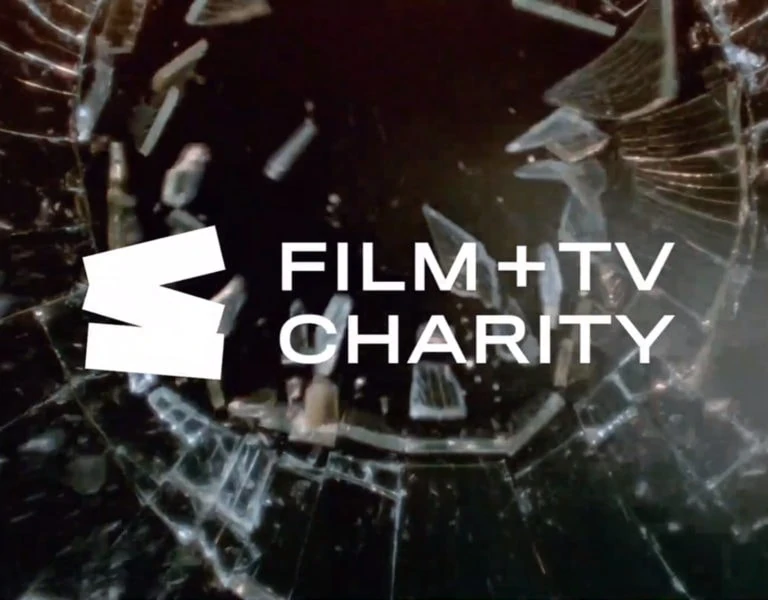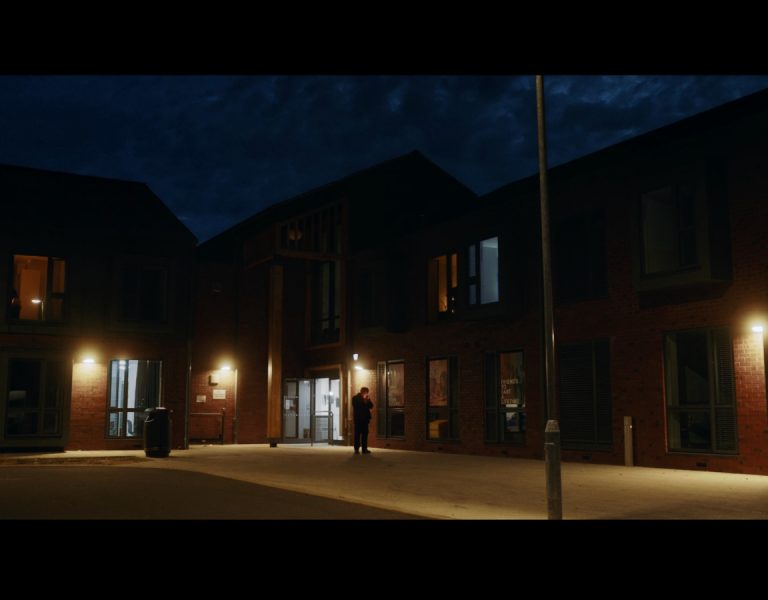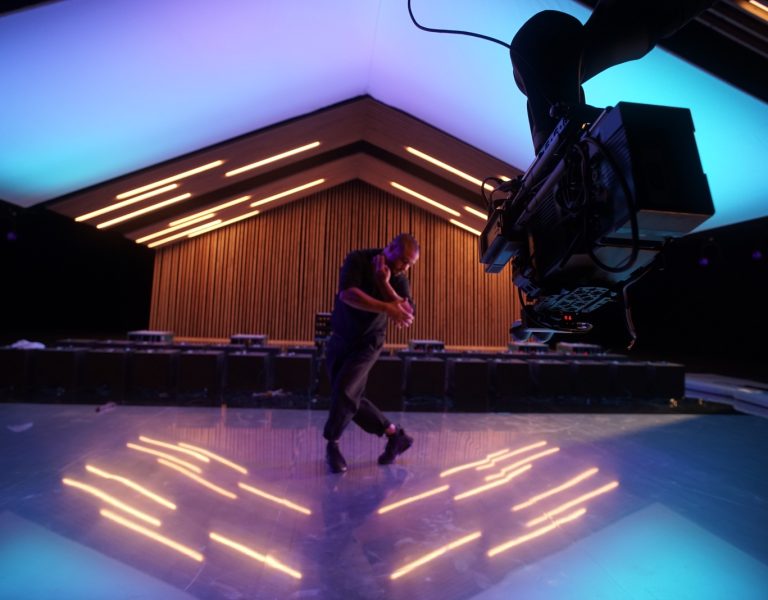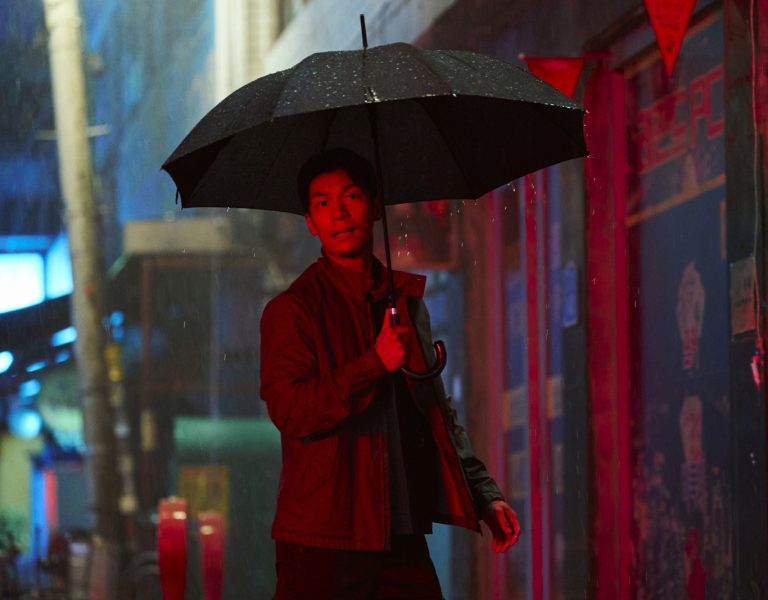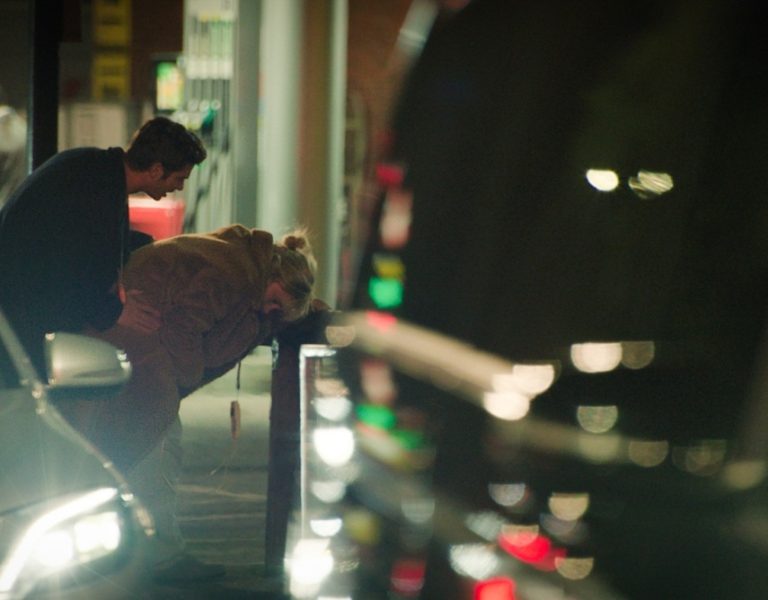MENTAL HEALTH MATTERS
Leo Anna Thomas highlights the importance of keeping a check on our mental health, the role wellbeing facilitators play in looking after the wellbeing of crew and cast, and why they are a vital addition to every production.
I began working in film and television in 2004, having fortunately been successful in the application of a two-year apprenticeships programme with the Film and TV Freelance Training (Ft2) scheme. An incredible opportunity and one that came to an end during the 2008 financial crisis.
I spent those two years focusing on the Art Department (my chosen career path) and also partook in camera, sound, edit and production placements; to gain a vital understanding of how departments work together to create content.
In 2007, I “graduated” from the scheme and was straight into contract after contract. It was becoming clear to me that the way trainees were introduced to the industry was, at times, a challenging and unstable and unhealthy experience. I remember being told to “not look actors in the eye, ever”! I was once physically grabbed, with force, on set and pulled to one side because I was stood on set (doing my job of dressing) when an actor was on the floor. I witnessed crew leave sets in tears, I witnessed directors shouting at crew and cast. I remember thinking that this was just how it is and there was nothing I could do about it. And even if I wanted to do something about it, I didn’t have a clue who to speak to. There was no one to speak to.
It wasn’t until 2009 that I was not only a witness but was at the receiving end of bullying, by which others became silent bystanders. I took the decision to leave the industry as my mental health was deeply unstable and was now causing me ill physical health, to the point whereby I ended up in hospital during working hours.
This was the beginning of a little idea, a thought, a discussion, a comment, an observation as to why there isn’t a department, a role available on all productions to look after crew and cast. To make sure that productions are legally meeting their duty of care and that certain behaviours must be called out.
Having taken the time to tend to my own mental health for the very first time. It took four years for it to dawn on me that I love my job, I am really good at it, and I trained for it, so in 2013 I returned to the industry. I was open as to why I left. I was no longer going to accept what I was witnessing as the “norm”.
I eventually worked my way to becoming a standby art director and, on every set, I would find myself in conversations about the bullying, the harassments, the issues at work and was shocked at how many crew had their own horrific story.
In 2017, I received a call from a friend and was told that production designer, Alan MacDonald, had died by suicide. Alan was the first designer I worked with and had quite an impact on me and my life. I later found out that Alan was living with bipolar disorder and was also being bullied at work. I remember feeling a grief that suddenly escalated into anger at the industry. This ignited me to ramp up those conversations and move them on to social media, developing the hashtag #mentalhealthinfilm. I trained as a Mental Health First Aider (MHFA) and made my own T-shirts that shared this information, so when I was on set crew could come and talk with me and maybe I could somehow help. In 2018, another friend, unit nurse Morag Webster died by suicide and enough was enough.
This little idea was quickly forming into a new role, the role of Wellbeing Facilitator (WBF). A role that has grown with the help of Matt Longley and Michelle White. We are co-directors of 6ft from the Spotlight. Matt too had lost a fiend, location manager, Michael Harm to suicide and both our losses propelled us to make sure crew were seen, heard, taken care of and that, with the use of writing stress mental health risk assessments, and sharing wellbeing plans, could maybe save lives.
From 2013 to today, this idea has developed into WBF, and we collaborate with productions to help them meet their legal duty of care. To have a neutral third-party role on the ground, using evidence-based skills to ease stresses, anxieties, empower crew to speak up, find their strengths, retain the talents, and keep crew employed and safe. All the while we at 6ft from the Spotlight are collaborating with BECTU, BAFTA, The Film and TV Charity, and BFI, to name a few; in helping shift the working culture. To seriously look at the tight scheduling, the long working days and together, eventually, minimise the harmful impacts that these areas have on those working in this amazing, exciting, and educational industry.
Since 2020 we have collaborated with Merman, Amazon Studios, Kilter Films, Disney, NBCUniversal, Pulse Films, Love Productions, Goat Films, Sky Atlantic and Warner Brothers. The BFI released a public statement sharing that they were funding the training and placements of WBF’s across their productions, so it’s onwards and upwards! The door to this conversation, to this mental health emergency, is well and truly open and cannot be closed.
Leo Anna Thomas is a wellbeing facilitator, mental health first aider, and co-director of 6ft from the Spotlight.
